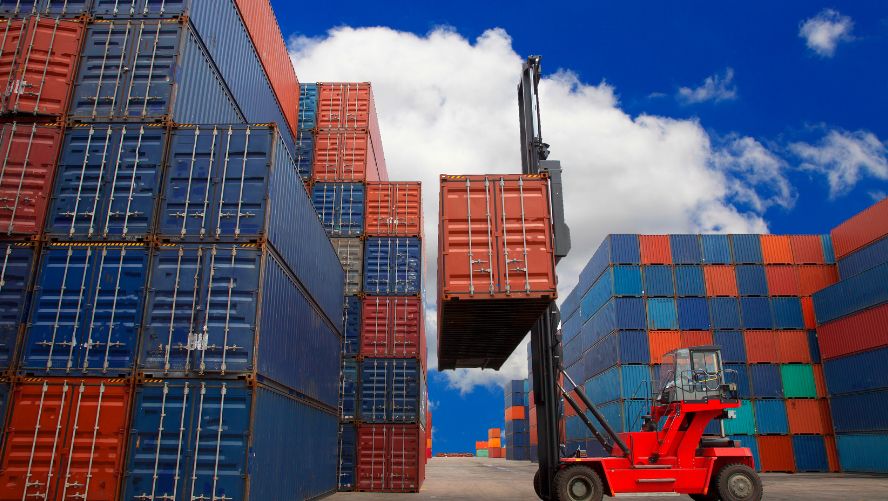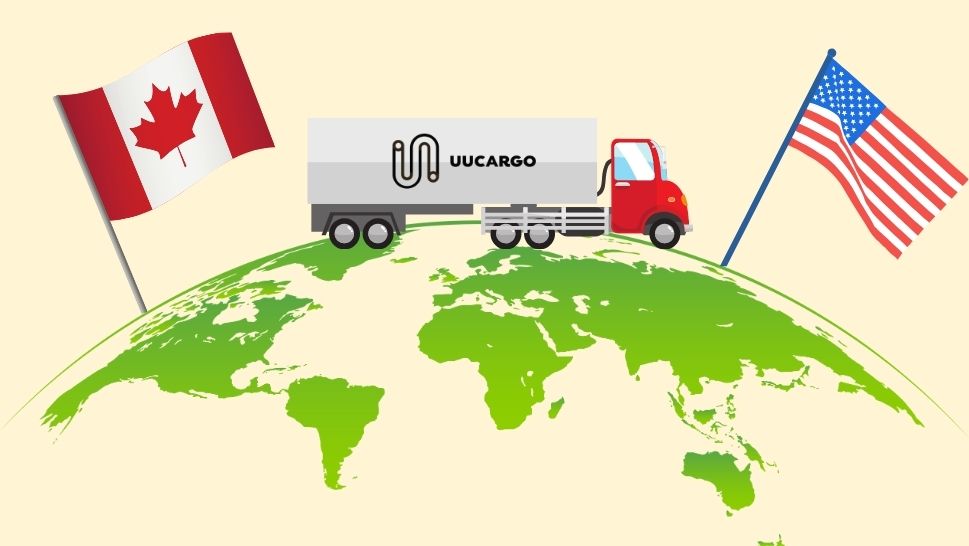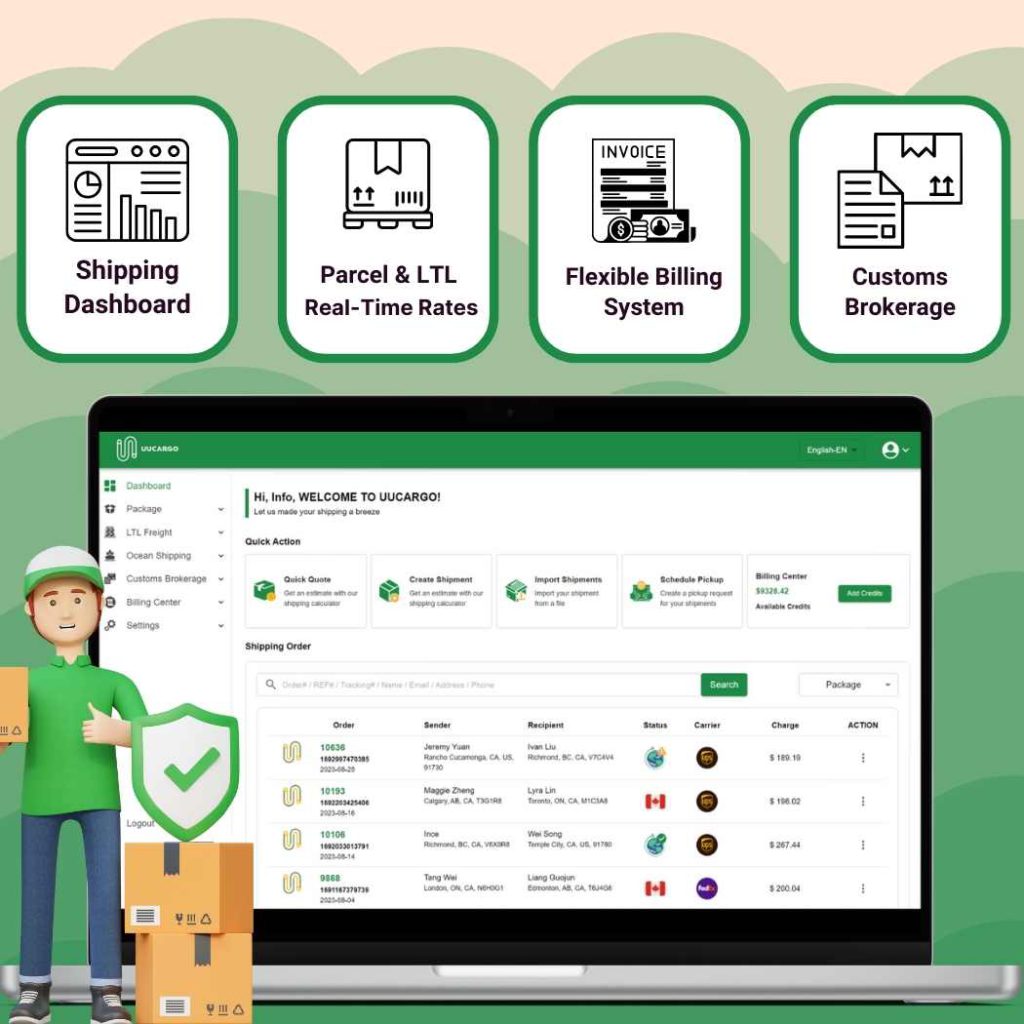In today’s fluctuating market, adapting your shipping strategy to align with your business needs is crucial. LCL (Less-than-Container Load) shipping emerges as a wise choice for businesses looking to import goods efficiently and cost-effectively. LCL provides a flexible solution, particularly for small to medium-sized enterprises or businesses with irregular shipping volumes. It allows for the shipment of smaller quantities without the need to wait for enough cargo to fill a full container, making it an ideal method for managing inventory and reducing warehousing costs.
What is LCL Shipping?
Why Choose LCL Shipping?
LCL (Less-than-Container Load) shipping offers a flexible and cost-effective solution for businesses frequently needing to transport small shipments. This method allows you to ship smaller boxes and pallets according to your specific needs without the wait or expense of filling a full container. With LCL, you only pay for the space your cargo occupies, sharing both the space and the costs with others. This makes it a more economical option compared to air freight, enabling you to ship goods more frequently and efficiently while also reducing the costs associated with inventory and warehousing.
The benefits of LCL Shipping
The drawbacks of LCL Shipping
Find the Cheapest Rates
What is the cost for an LCL Shipping?
Choosing Between LCL Shipping and Air Cargo: Factors to Consider
Deciding whether to opt for LCL Shipping or Air Cargo hinges on several critical factors – most notably, the urgency of your shipment and your budget. Here’s a closer look at how to navigate this decision:
Urgency vs. Cost
Minimum Charges in LCL
With LCL shipping, charges typically start at a minimum of 1 cubic meter (CBM). Therefore, if your shipment is smaller than this threshold, you won’t benefit from lower rates for reduced size.
Weight and Volume Considerations
Impact of Destination
The cost and transit time for air freight are relatively consistent regardless of the destination city. For example, air freight rates and times from Shanghai to Vancouver are roughly similar to those from Shanghai to Toronto. On the other hand, for LCL shipping, the distance significantly affects both cost and transit time.
Conclusion
In conclusion, LCL shipping presents a versatile and economical solution for businesses navigating the complexities of global logistics. It stands out as the optimal choice for small to medium-sized shipments, offering the flexibility to ship goods in a cost-effective and efficient manner. For businesses looking to leverage these benefits, UUCargo offers a robust LCL service. Our platform simplifies the LCL shipping process, providing you with reliable, streamlined logistics solutions tailored to your specific needs . With UUCargo, you can confidently manage your shipments, ensuring they are delivered safely and efficiently, while also benefiting from the cost savings and flexibility that LCL shipping offers. Embrace UUCargo’s LCL services to transform your shipping strategy and propel your business forward in the global marketplace.





